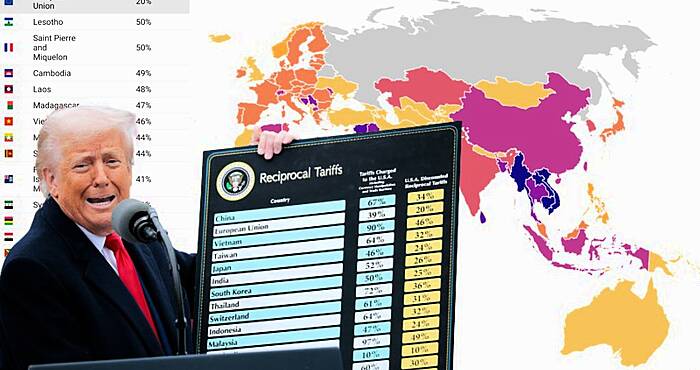German authorities are investigating possible Russian involvement in a series of recent attacks within the country. Evidence has emerged suggesting that Russian internet users searched for terms related to a terror attack in Mannheim days before it occurred. This discovery has raised concerns about potential foreknowledge or indirect involvement by Russian entities.
The Mannheim incident, which resulted in the death of a police officer and injuries to others, marked the first in a series of violent events impacting German politics. Circumstantial evidence has fueled suspicions of Russian involvement, aligning with known tactics of hybrid warfare, including disinformation and sabotage.
In response to these developments, Germany’s domestic intelligence agency has warned of further Russian political influence operations within the country. The agency’s analysis indicates the use of pro-Russian influencers, influence networks, botnets, and fake social media accounts to sway public opinion.
A report by the Center for Strategic and International Studies (CSIS) also highlights an escalating campaign of sabotage and subversion led by Russian military intelligence (GRU) against European and U.S. targets. The number of such attacks has nearly tripled between 2023 and 2024, raising alarms about the extent of Russia’s covert operations in the region.
These developments underscore the need for heightened vigilance and cooperation among European nations to counteract potential foreign influence and protect the integrity of domestic affairs.




